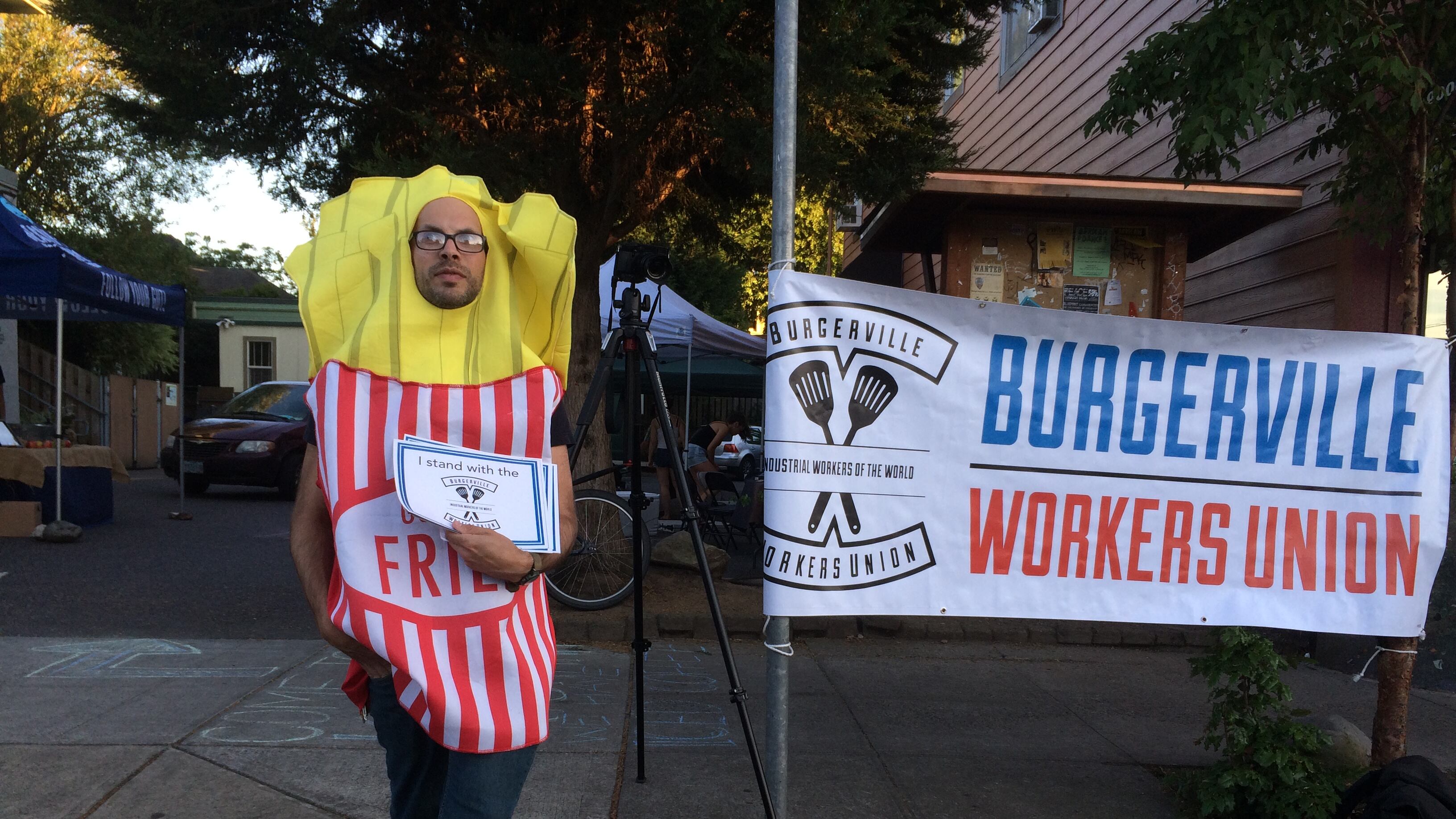Starting next month, Oregon's minimum wage workers will see their hourly rate increase by 50 cents.
But the Oregon Center for Public Policy says the raise is still insufficient for workers trying to scrape by in a competitive housing market, especially in the Portland metro area.
"While we should celebrate the wage raise for Oregon's lowest-paid workers, we should also recognize that the minimum wage doesn't come close to providing economic security," said Audrey Mechling, a policy fellow at the OCPP. "The Oregon Legislature should pull every lever at its disposal to increase the take-home pay of workers."
The minimum wage for workers will increase to $12.50 in the Portland metro area, $11 in rural counties, and $11.25 everywhere else in the state on July 1st.
OCPP calculated the necessary wage increase for minimum wage workers to afford a one-bedroom apartment in rural areas and the metro area based on county housing data.
In urban counties, the wage increase would be about a dollar short of what would be necessary to afford an apartment.
In the metro area, however, the numbers shows a much starker disparity: the minimum wage hike would still be over $10 an hour short of what a worker needs to pay for an apartment in the Portland area.

Lawmakers passed legislation in 2016 that mandated an annual increase in minimum wage through 2022. The wage is set to increase by 75 cents the next three subsequent years, and then will be adjusted based on the consumer price index.
The minimum wage hike is expected to benefit nearly one in six jobs in rural areas of the state and one out of every 10 jobs statewide, a quarter million workers in all.

